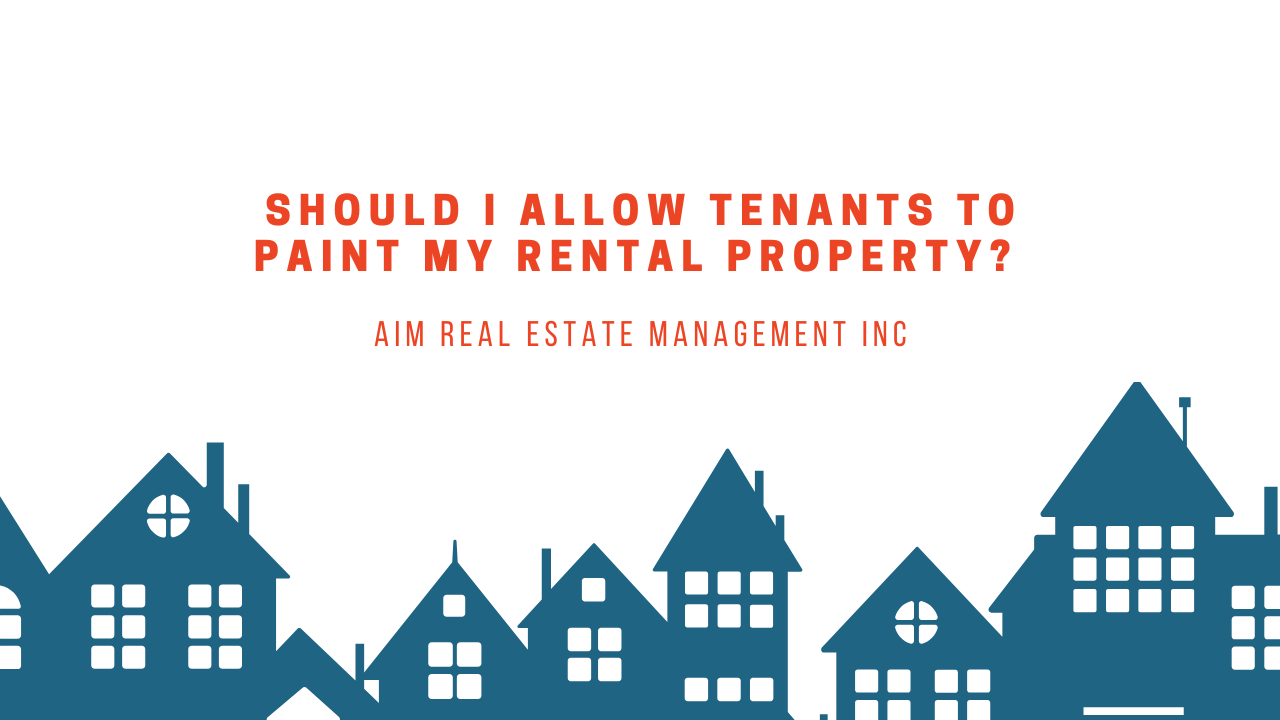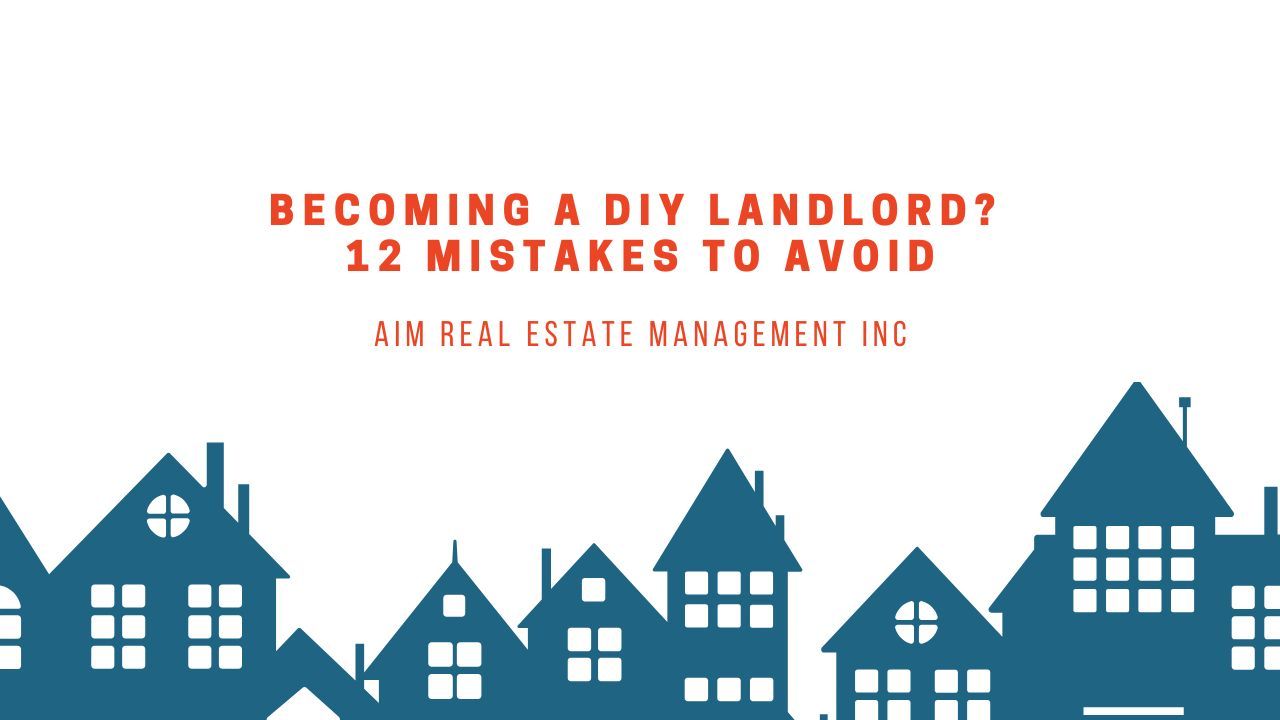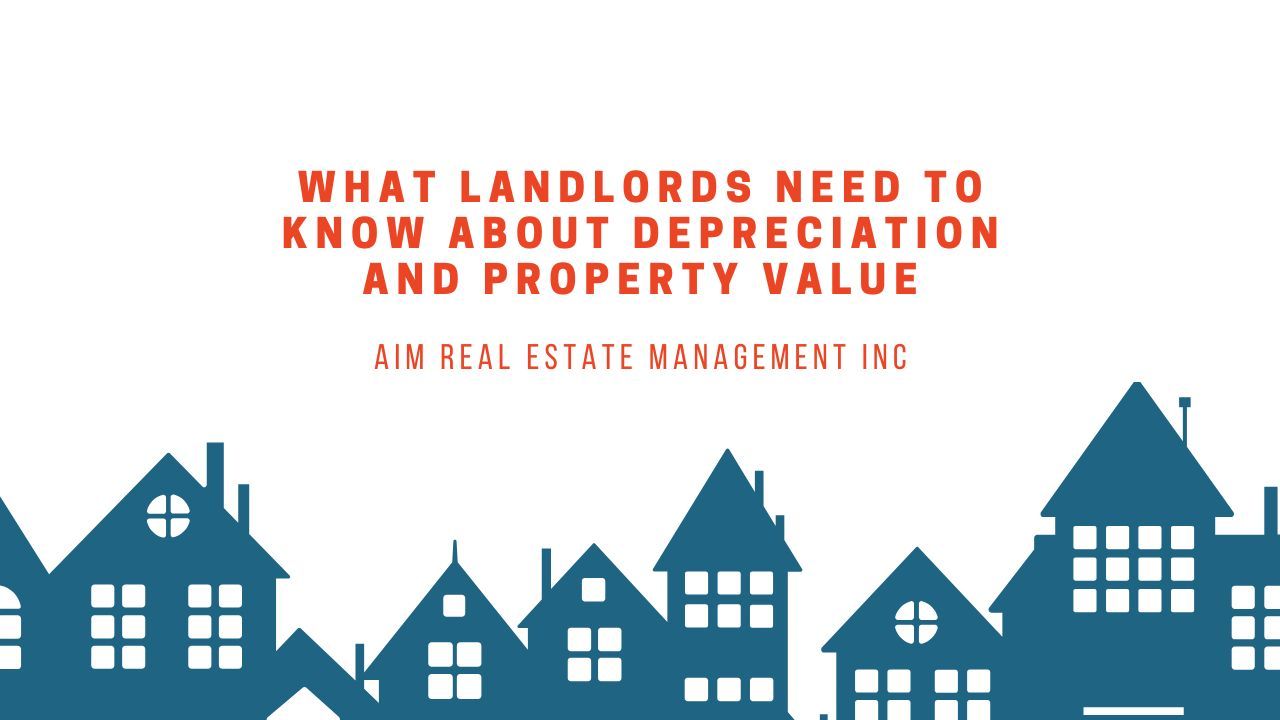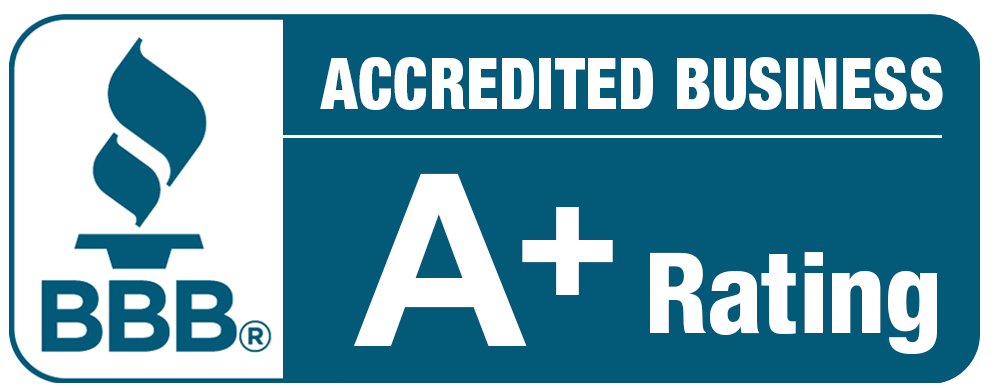South Carolina Security Deposit Laws
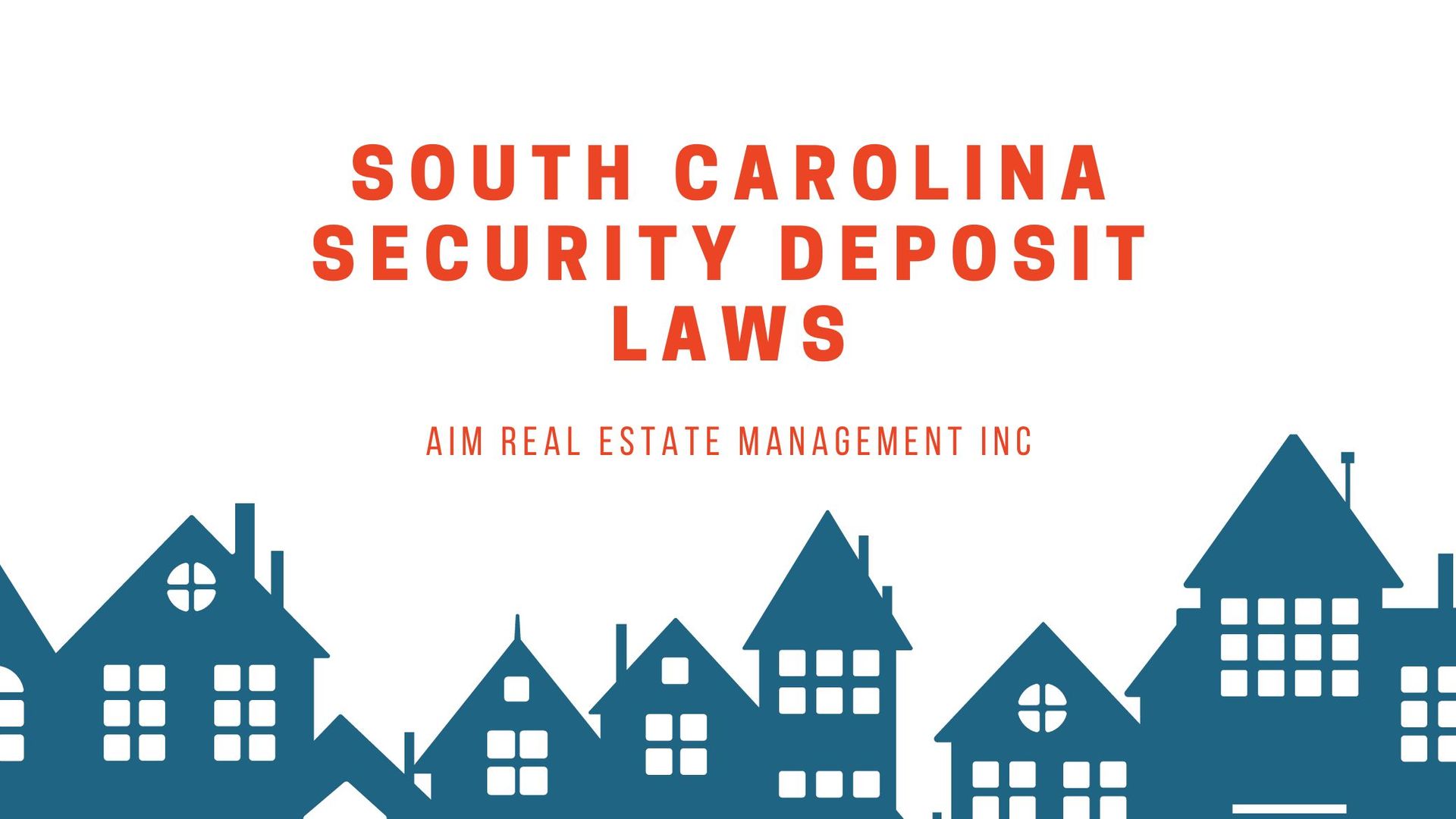
Most South Carolina landlords require their tenants to pay security deposits prior to moving in or signing the lease. deposit deposit deposit deposit rent
Basically, security deposits are the dollar amount, typically equal to one month’s rent that helps cushion a South Carolina residential landlord against potential financial damage to their rental unit. It is in the landlords best interest to collect this deposit.
Landlord financial damage can occur in any of the following ways, if:
- Your resident causes damage exceeding normal wear and tear during the tenancy
- Your renter moves out of your rental without clearing their utility bills
- Your renter breaks the lease or rental agreement early without a legitimate reason
- Your renter fails to pay rent, or does not pay rent in full during the tenancy
Law in SC requires landlords to abide by certain rules when it comes to handling tenants security deposits. The following is a summary of the South Carolina security deposit rules.
Please use this as a guide, however, this is not intended to be a legal opinion and is always subject to change.
Is There a Limit to How Much Landlords in South Carolina Can Charge as a Security Deposit?
Unlike some other states, SC security deposit law doesn’t limit how much landlords can charge tenants for security deposits. There is no maximum amount for security deposits.
Technically speaking, a landlord can charge their South Carolina tenant whatever security deposit amount they deem fit upon signing the lease or rental agreement and beginning the rent period.
That said, a South Carolina landlord will want to charge their renter a reasonable deposit amount for their rental to remain competitive in the market. A cost equivalent of either one month's rent or two months’ rent for a tenant's deposit amount should suffice.
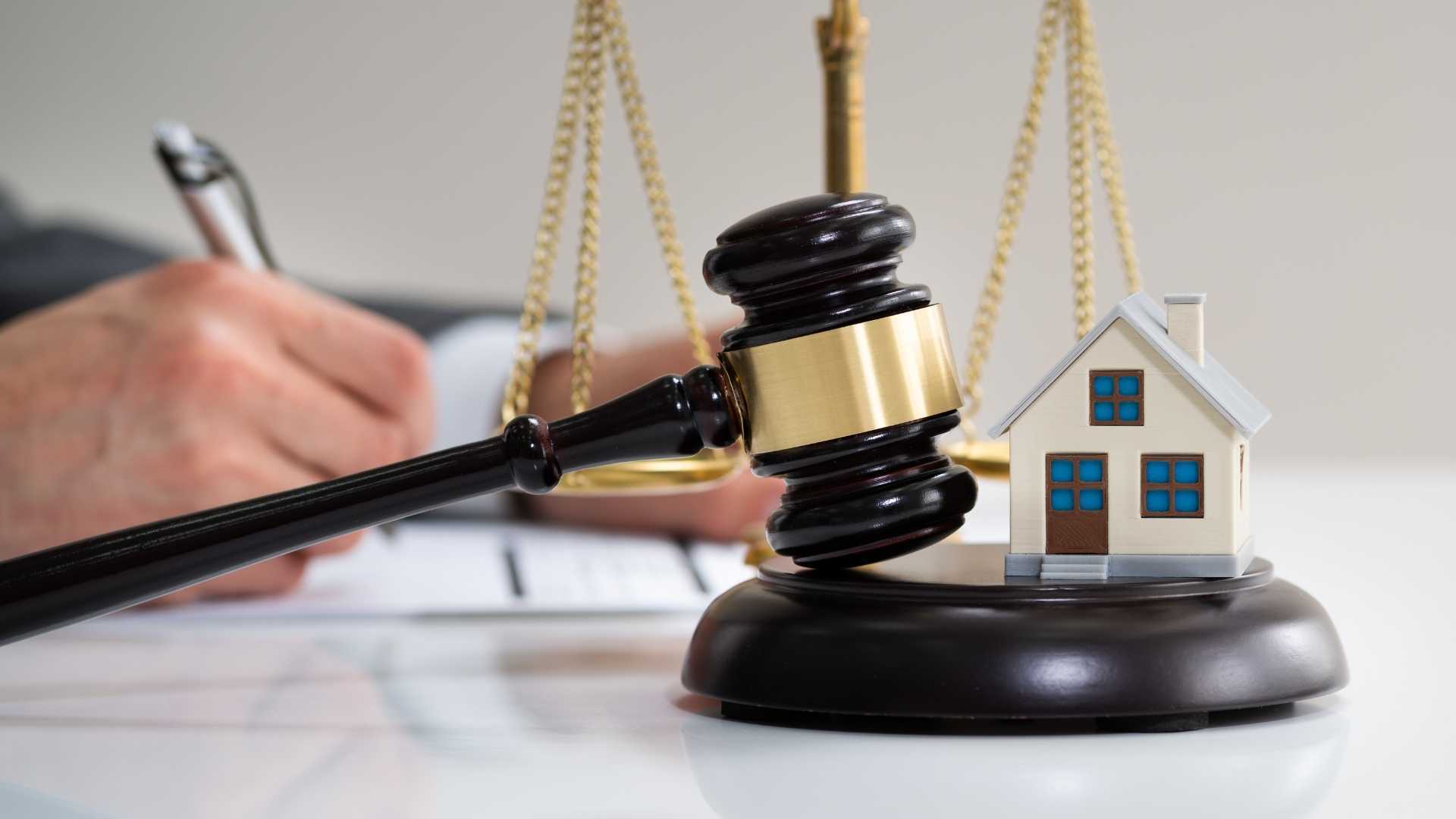
Can You Charge a Pet Fee in the State of South Carolina?
Yes! If SC landlords allow pets in their rental premises, the landlord can require a tenant to pay a pet security deposit, pet rent, or pet fee. A pet fee is a one-time fee that a tenant might pay to help cover damages their pet causes.
Pet security deposits are similar, but are refundable should there not be any damages. Examples of such damage to the premises include the following:
- Stains on the wall or carpets of the rental property
- Scratches on the floor of the premises
- Flea infestations in the carpet of the rental unit
A SC landlord may not, however, require tenants with service animals to pay a pet security deposit or a pet fee upon signing the rental agreement. Tenant service and assistance animals are not considered pets. Also, disability is a protected class under the federal Fair Housing Act and a landlord cannot discriminate against disability in the rental agreement.
In addition, the American Disability Act requires landlords to make certain reasonable accommodations and modifications. The following are some examples:
- Allowing a tenant to move to an available, more accessible South Carolina unit in their premises
- Allowing tenant service/emotional support animals in “No Pet” housing
- Adding a grab bar to a tenant’s bathroom
- Adjusting the rent payment schedule to accommodate when an tenant receives income assistance
What Deductions Can a South Carolina Landlord Make to a Tenant’s Security Deposit?
A landlord has a right to make certain allowable deductions to their tenant’s deposit under South Carolina law. SC law allows a landlord to make deductions from the deposit in the following two scenarios:
- If the tenant moves out of the premises and does not pay rent or a tenant moves out due to violations of the terms of the rental agreement
- If the tenant causes damage to the rental exceeding normal wear and tear

Speaking of normal wear and tear, what is it exactly? This is often a point of dispute between landlords and tenants when it comes to tenant security deposit cost deductions.
Normal wear and tear is damage that occurs due to the natural deterioration of a rental over time. The following are common examples of this type of damage to the premises, which can be outlined in the lease or rental agreement:
- Dirty grout
- Lightly scratched glass
- Stained bath fixtures
- Faded paint
- Small nail holes
- Gently worn carpets
On the other hand, damage exceeding normal wear and tear is the destruction that occurs on a rental or premises because of tenant carelessness, negligence or abuse.
The following are common examples of damages to the premises caused by a tenant, incurring a cost to South Carolina landlords:
- Broken tiles
- Ripped or heavily stained carpet
- Missing fixtures
- Broken windows
- Holes in the wall
When Should Landlords in the State of South Carolina Return a Security Deposit to a tenant?
Once a tenant moves out of the rental or premises at the end of their lease or rental agreement term, a SC landlord has 30 days from when tenants have returned the keys, provided their forwarding address and sent a request for the tenant's deposit refund to pay the tenant back.
We suggest that South Carolina landlords return security deposits to the tenant within 30 days of lease termination or provide the tenant with a statement of accounting (within 30 days).
If you’ve made some cost deductions to the deposit, South Carolina Landlord Tenant Law stipulates you need to send the remaining portion of the security deposit alongside a reasonable written, itemized list of deductions to the forwarding address of the tenant.
Of course, a tenant is responsible for providing their South Carolina landlord with their new forwarding address. If the tenant doesn't provide it, the landlord should mail it to the tenant's last known address and request forwarding services from the USPS by writing “forwarding services requested” on the envelope.
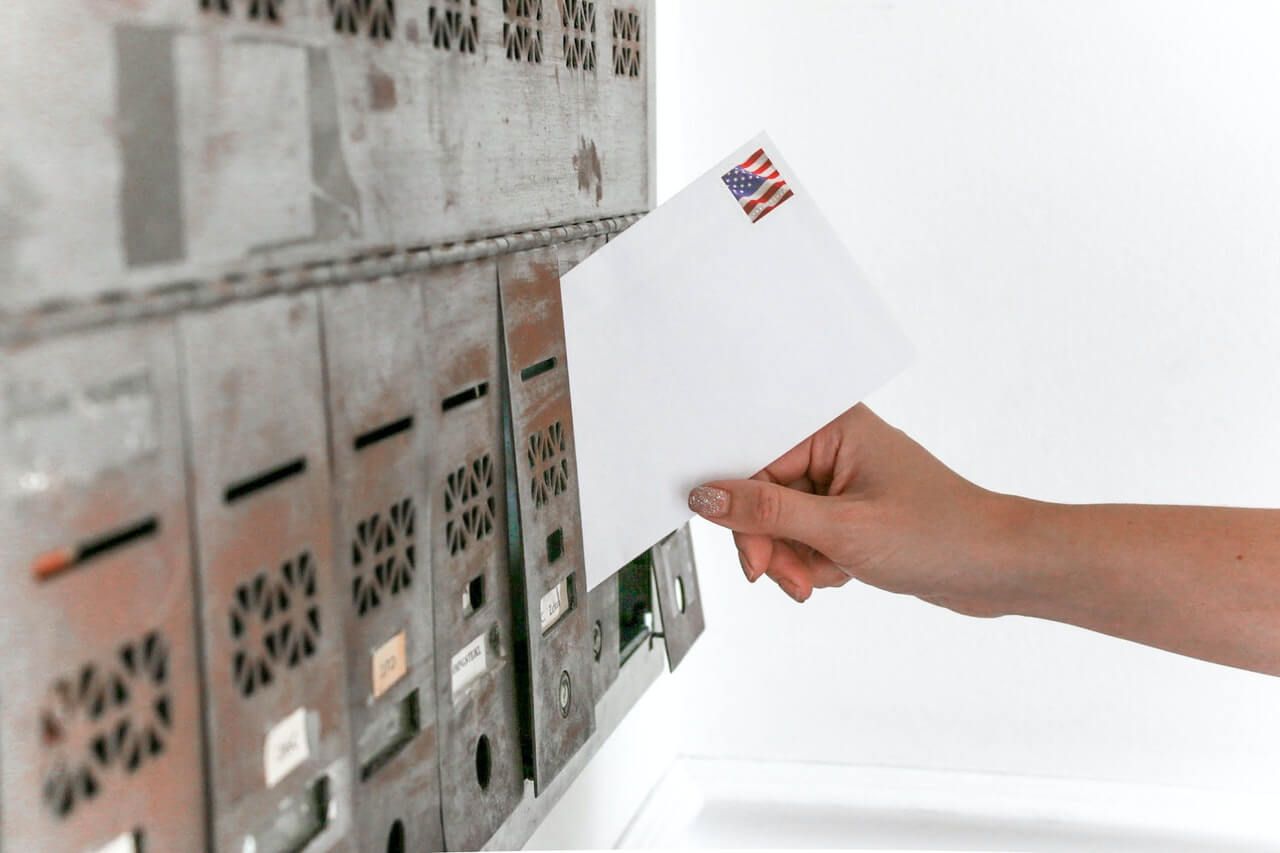
What Happens if a South Carolina Landlord Wrongfully Withholds Their Tenant’s Security Deposit?
If a South Carolina landlord fails to return the unapplied portion of a security deposit to their resident within 30 days, the landlord may become liable for paying certain penalties.
If the landlord fails to return, the tenant may stand to recoup up to 3X the wrongly withheld deposit amount.
In addition to this, the landlord may also be liable for paying any reasonable attorney's fees associated with recovering the security deposit from a resident. Landlord's must be familiar with this law to avoid paying reasonable attorney's fees and other amounts related to the deposit.
How Must Landlords in South Carolina Store Their Tenants’ security Deposits?
South Carolina requires that security deposits be held in trust, a separate bank account, and not commingled with operating funds.
The SC Real Estate Commission requires that this bank account be titled to include the word “Escrow” or “Trust” to indicate that these deposit funds belong to another.
A South Carolina landlord may receive interest on the deposit in this account but only if that has been disclosed in the tenancy agreement and agreed upon by the tenant or tenants.
For property managers who collect rent as a landlord for an owner, their management agreement must also disclose the interest collection on the deposit and outline to whom it is retained.
Does South Carolina Require Landlords to Provide Their Tenants with a Receipt for the Security Deposit?
Some states require that landlords provide a written notice to their tenants after receipt of their security deposits. In the written notice, landlords are required to furnish the tenant or tenants with information such as:
- A statement with name and address of the banking institution where the money is being held
- A statement outlining whether the funds are being kept in a separate account or are being commingled with personal funds
- A statement with the rate of interest the money is accruing
South Carolina, however, doesn’t require any of this. You are under no obligation to provide your resident with a receipt for the security deposit amount in South Carolina.
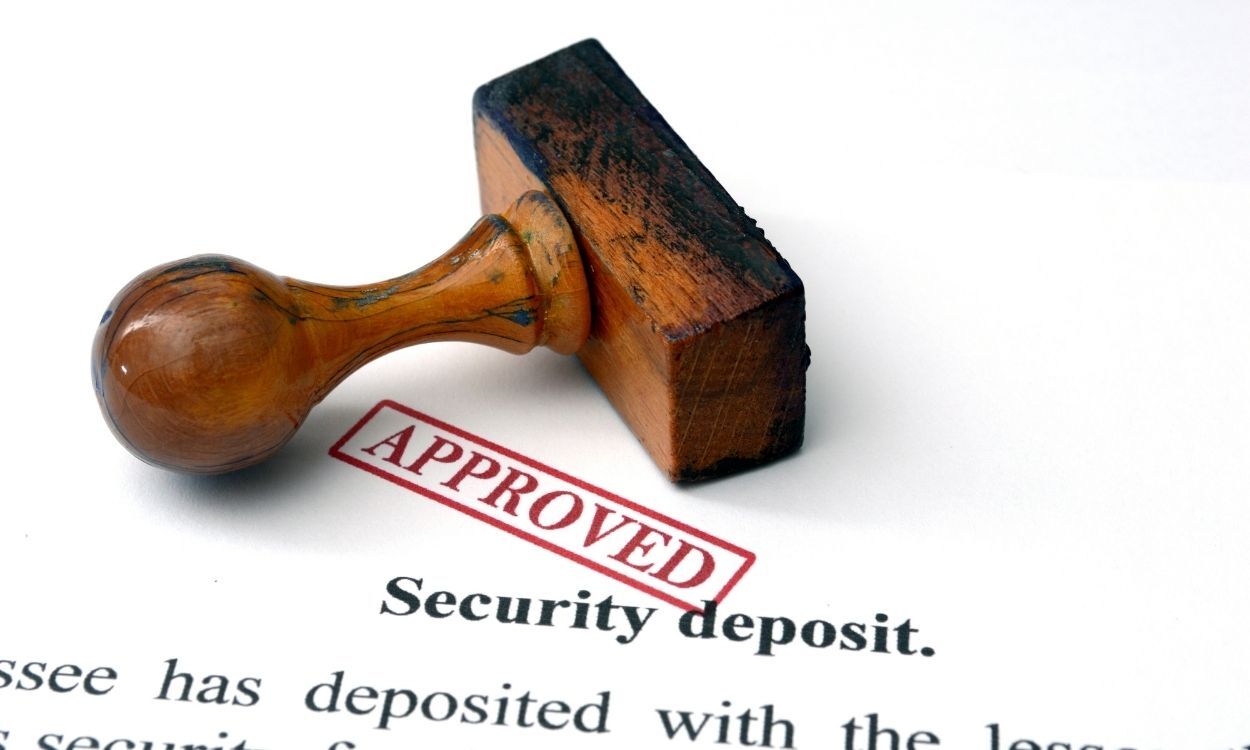
What Happens to the security Deposit if the Property’s Ownership Changes Hands During a Tenancy?
In such a case, a South Carolina landlord will have two options to consider:
- The landlord can transfer the security deposit to the new owner. Then, the landlord needs to notify the tenant of the incoming landlord’s name and address
- The landlord can return the money to the tenant, minus any allowable deductions
In both of these scenarios, since the lease agreement survives the transfer sale, it's a good idea to provide both parties with an assignment of the lease and copies of the lease file, including all move in inspections (with pictures).
Bottom Line
There you have it, a general overview of the South Carolina security deposit laws. As a landlord, you should also remain up-to-date on landlord-tenant laws, the legal eviction process and more!
If you have a specific question regarding the South Carolina security deposit law or would like rental property management assistance, AIM Real Estate Management, Inc. can help!
We’re a professional property management company servicing Bluffton and Hilton Head. Our goal is to make real estate investing as easy and profitable as possible.
Disclaimer: This blog isn’t a substitute for professional legal advice from a qualified attorney. Also, laws change, and this information may not be updated at the time of your reading.

